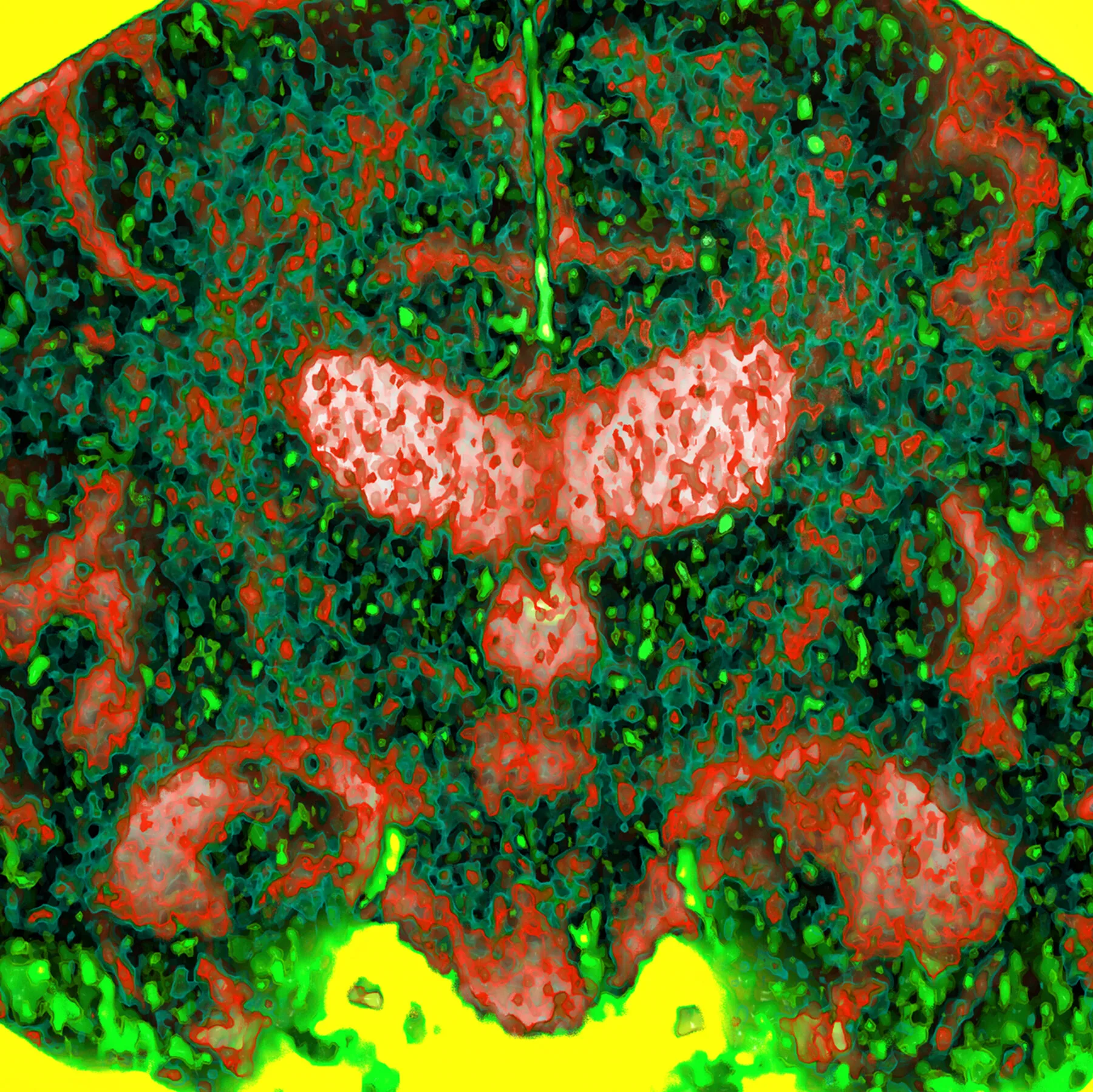In a groundbreaking study published in the journal Nature Medicine, researchers reveal that individuals carrying two copies of the APOE4 gene variant face a near-certain risk of developing Alzheimer’s disease, often at an earlier age. This finding challenges previous perceptions of APOE4 as a mere risk factor and suggests a new genetic form of the disease.
Led by Dr. Juan Fortea of the University of Barcelona, the study analyzed over 3,000 donated brains and gathered biological and clinical data from more than 10,000 individuals across three countries. The results indicate that by age 65, nearly all individuals with two copies of APOE4 exhibit abnormal levels of an Alzheimer’s-related protein called beta amyloid, with a majority showing positive brain scans for amyloid.
According to study co-author Sterling Johnson from the University of Wisconsin, these findings suggest a distinct genetic form of Alzheimer’s disease characterized by specific biological and clinical features. Such individuals develop symptoms at a consistent rate, often experiencing clinical and biological changes in a predictable sequence.
While some experts, like Professor David Curtis from the UCL Genetics Institute, remain skeptical about classifying APOE4 carriers as a separate genetic form, others emphasize the potential treatment implications. Notably, individuals with two copies of APOE4 may respond differently to existing treatments, such as the recently approved drug Leqembi, which targets amyloid in the brain.
Dr. Reisa Sperling of Mass General Brigham suggests that APOE4 homozygotes should be treated at a younger age due to their heightened risk of progression to impairment. Similarly, Dr. Samuel Gandy from Mount Sinai advocates for enrolling these individuals in preventive trials before symptom onset.
Heather Snyder of the Alzheimer’s Association underscores the study’s significance in disease risk assessment, clinical trial design, and treatment development. However, she emphasizes the need for further research, particularly in populations of African descent, to better understand the genetic complexities of Alzheimer’s disease.
As the medical community grapples with these new insights, the study marks a critical step forward in unraveling the genetic underpinnings of Alzheimer’s and redefining approaches to diagnosis, treatment, and prevention.



